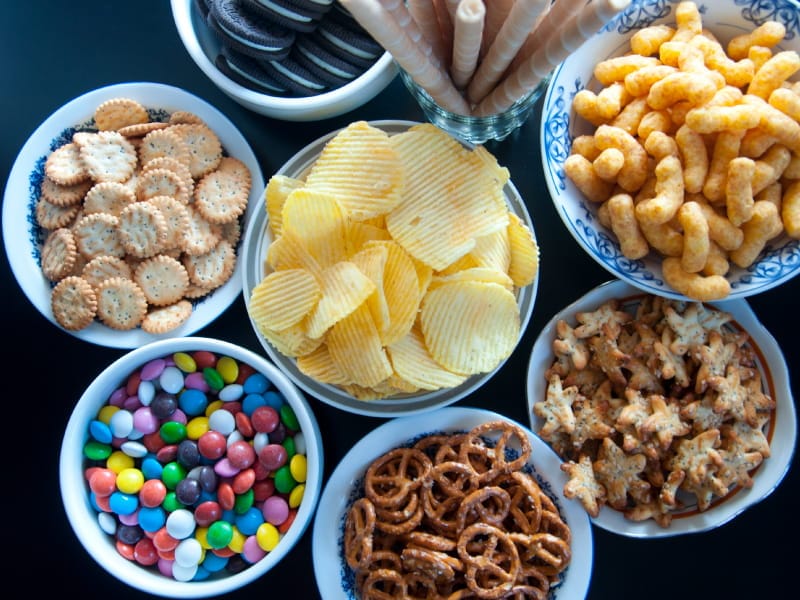Processed foods can be addictive - report finds

"Researchers say that foods like sugary drinks, chips, and ready-made meals can make you feel like you're going through withdrawal, just like when someone quits smoking. They're recommending that these kinds of foods be labeled as 'addictive.'"
A study released on Tuesday in the British Medical Journal (BMJ) revealed that approximately 14% of adults and 12% of children worldwide are affected by addiction to ultra-processed food.
"According to Alexandra DiFeliceantonio, a neuroscientist with the Fralin Biomedical Research Institute in the U.S. and co-author of the analysis, there's compelling evidence linking ultra-processed foods to conditions such as cancer and cardiovascular disease.
"What remains unclear is the specific factor within these foods that drives people to overconsume them, despite experiencing adverse effects."
To identify potentially addictive foods, the researchers examined 281 recent studies from 36 different countries. Their analysis revealed that foods rich in refined carbohydrates, like sugars, breakfast cereals, and pasta, hold the potential for addiction.
"Ultra-processed foods are those that are manufactured in factories," stated DiFeliceantonio.
This implies that these foods aren't prepared in your own kitchen. They're manufactured using specific processes and contain ingredients that aren't commonly found in home cooking. You might notice unfamiliar or difficult-to-pronounce ingredients listed on the back of the packaging."
"If a product is packaged in a crinkly wrapper at the grocery store, she explained, it's probably an ultra-processed item."
Minimally processed foods include frozen fruits and vegetables, pasteurized milk, and plain fermented yogurts. Processed foods, on the other hand, are whole foods with additional salt, sugar, or fat, such as canned fruits and vegetables, cheeses, and breads.
According to a 2015 report from Statistics Canada, nearly half (46%) of the total daily calories consumed by Canadians come from ultra-processed foods. The report also highlights that children and youth are the highest consumers, with over 50% of their diets comprised of ultra-processed foods.
The researchers argued that addictive behaviors related to ultra-processed food could potentially meet the criteria for the diagnosis of a use disorder in certain individuals.
The report explained that some individuals consuming these foods may exhibit less control over their food intake, intense cravings, withdrawal symptoms, and persist in consumption despite adverse consequences such as obesity, binge eating disorder, poorer physical and mental health, and diminished quality of life.
"They're everywhere; you can't go to the grocery store without seeing them right before you check out, or at the gas station. Our environment is just flooded with these foods. And then we're expecting people to resist eating them, which doesn't make any sense to me," researcher said.